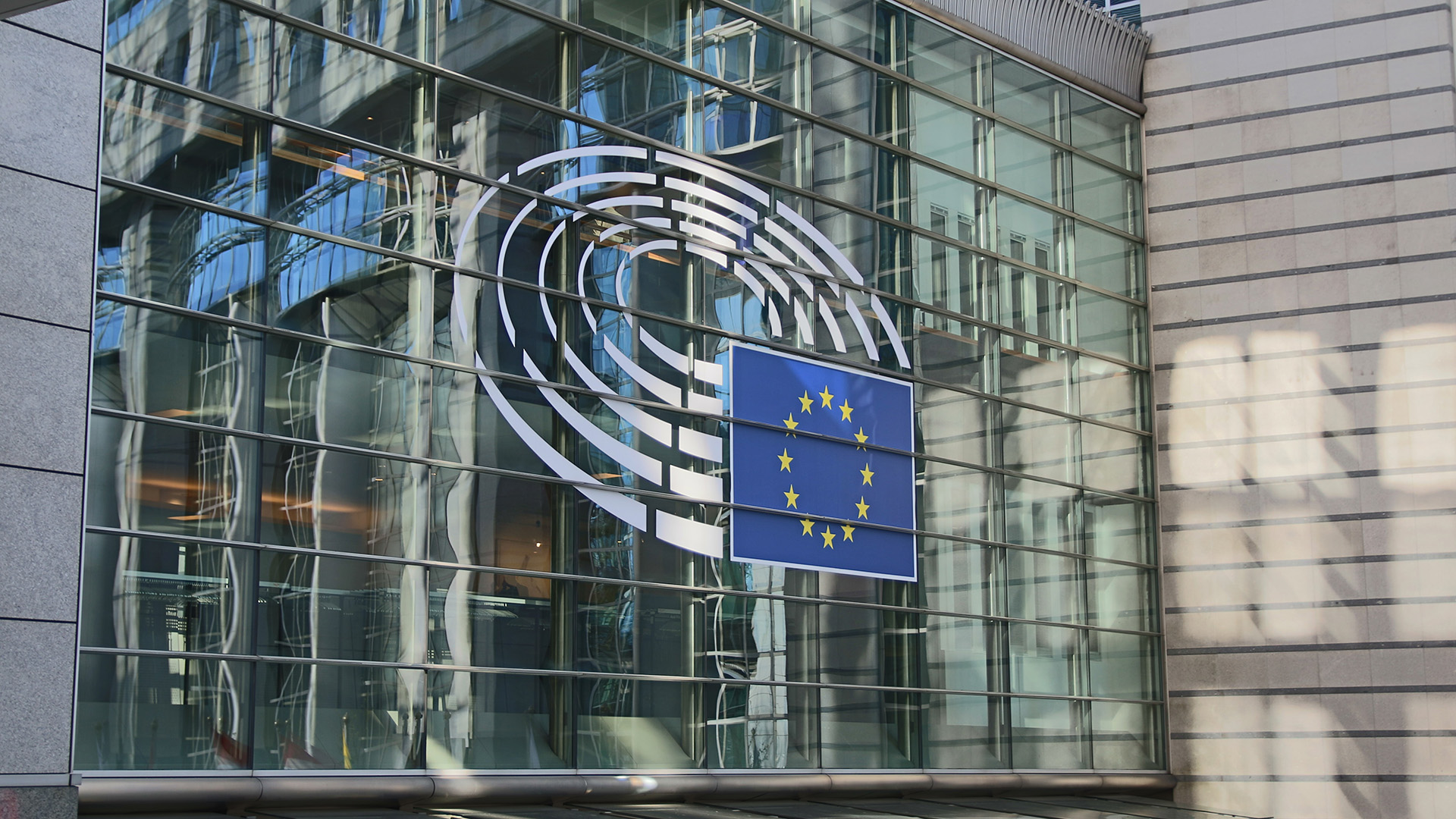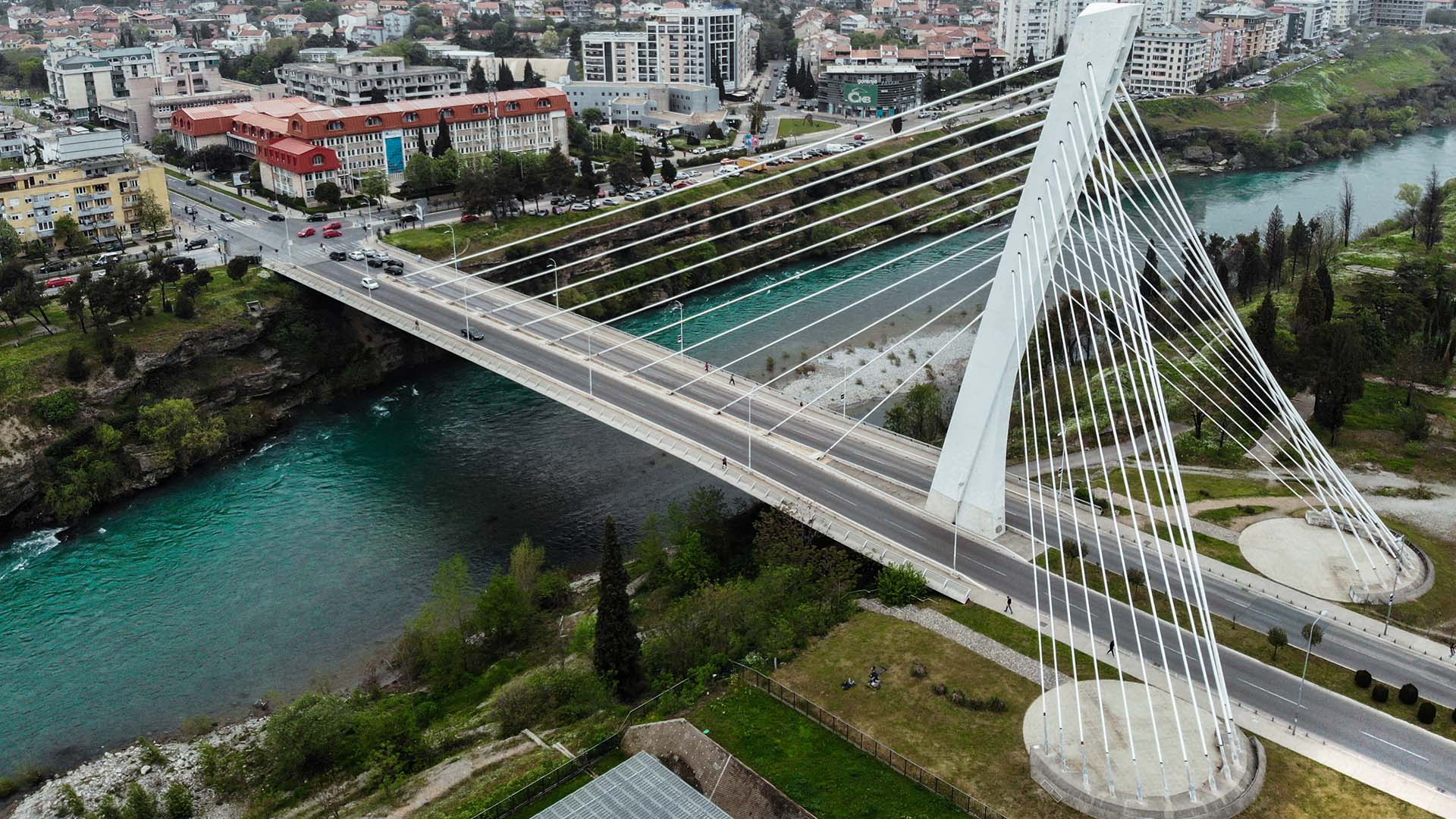Policy Recommendations
- The first step in order to advance the Sustainable Development Goals in the Western Balkans is spurring transnational cooperation between the countries in the region. A set of common targets could harmonise the different legislations and involve more effectively the civil society.
- A transnational network of renewable energy should be seen as a security infrastructure, vital for the independence and autonomy of the whole region. Even if the investments in the field have been delayed by COVID-19 and the war in Ukraine, the Western Balkan countries should build cross-border interconnectors to create a coherent energy grid without holes and dead ends.
- In order to decrease the percentage of young people neither in employment nor in education and training and solve other social problems, the Western Balkan countries should smooth their mobility rules and agree on specific provisions for students and workers willing to spend time abroad.






